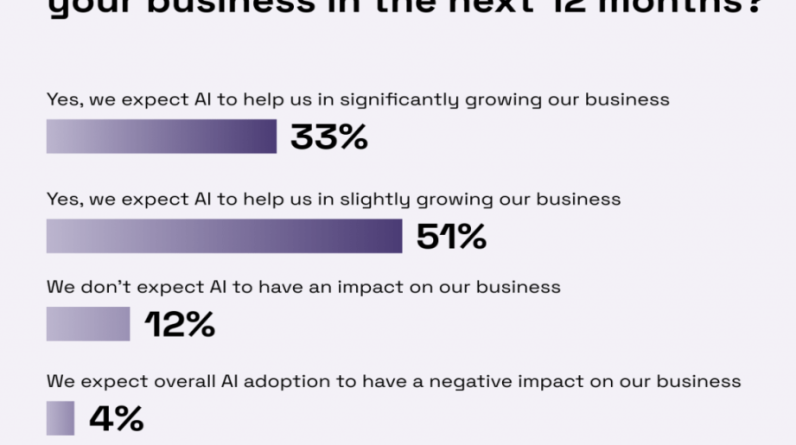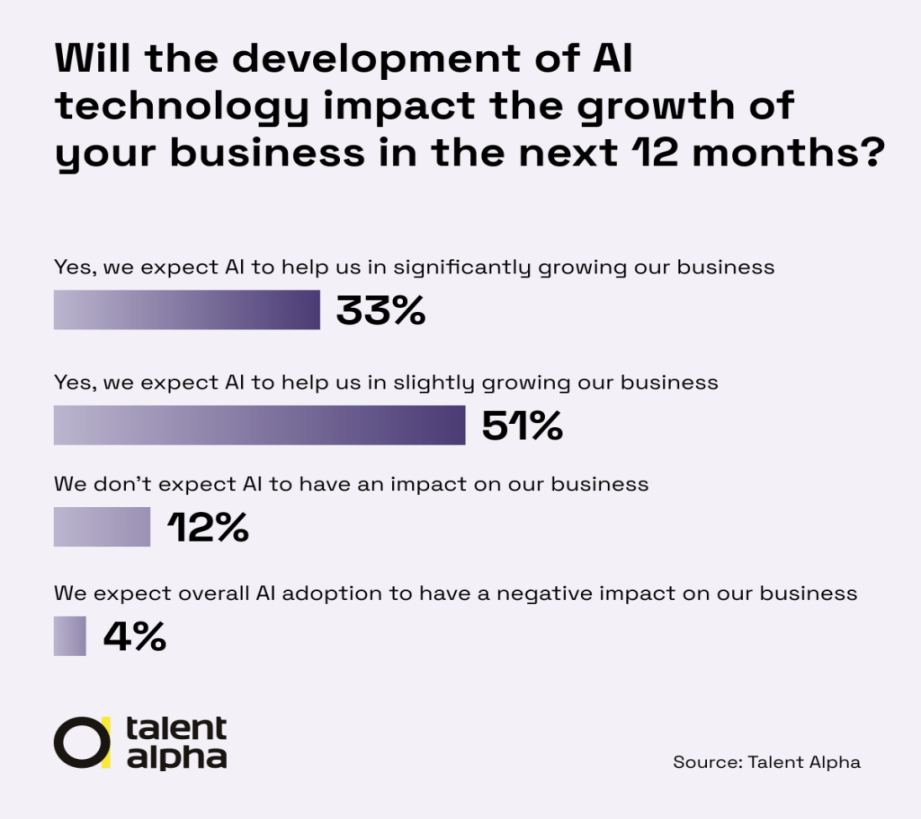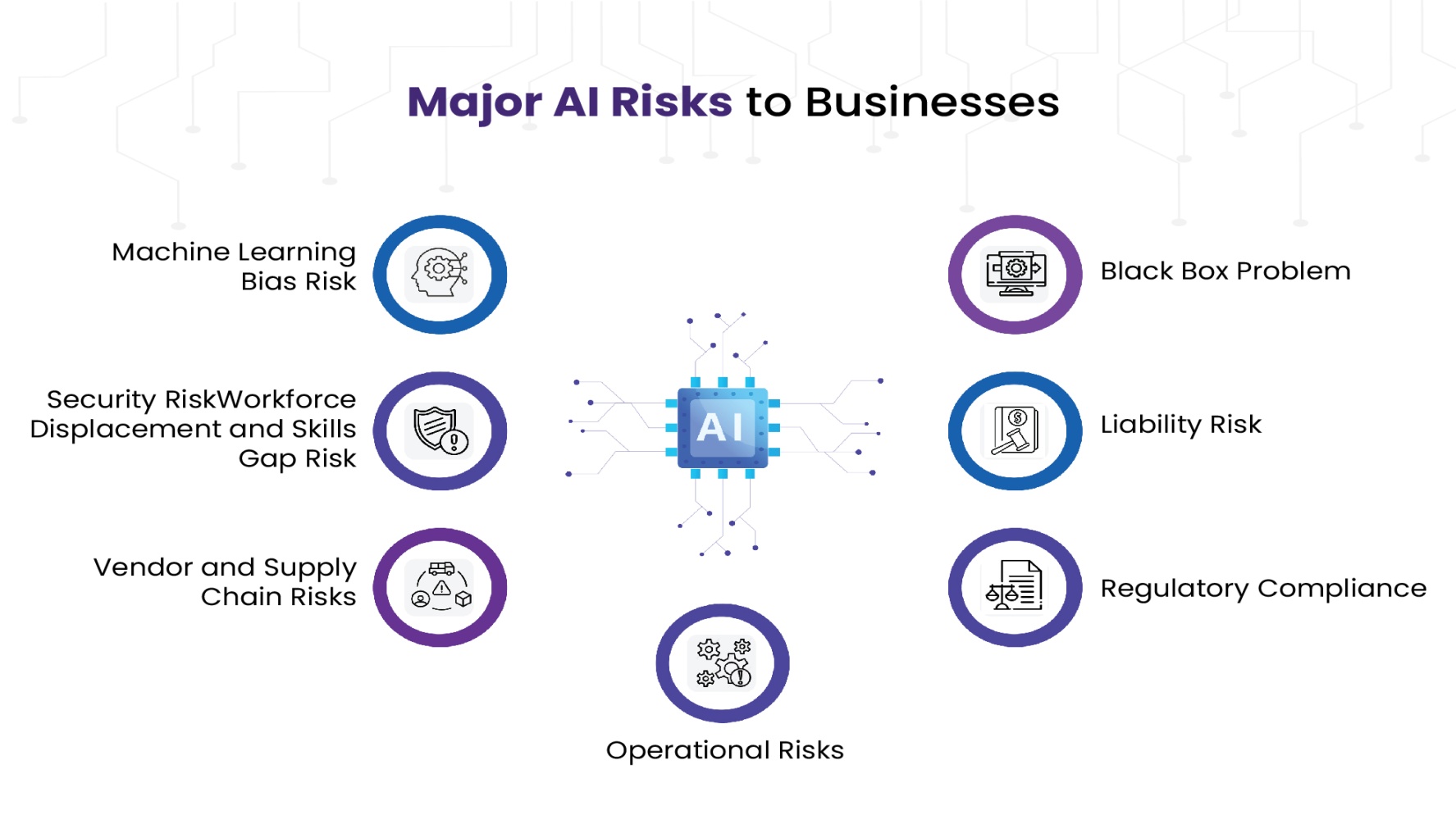
Uncovering the Shadows: AI’s Impact on Businesses
Artificial Intelligence (AI) has undoubtedly revolutionized the way businesses operate, offering unprecedented opportunities for growth and efficiency. However, amidst all the excitement and innovation, there lies a dark side to AI that many businesses may not be fully aware of. In this article, we will delve into the shadows to uncover the impact that AI can have on businesses in the near future.
One of the most pressing concerns when it comes to AI in business is the potential for job displacement. As AI continues to advance, more and more tasks that were once performed by humans are being automated. This can lead to layoffs and restructuring within organizations, causing anxiety and uncertainty among employees. While AI can certainly streamline processes and increase productivity, it also has the potential to disrupt the workforce in ways that may not be easily remedied.

Another shadow that looms over businesses in the age of AI is the issue of data privacy and security. As businesses collect and analyze vast amounts of data to fuel their AI algorithms, there is a growing risk of data breaches and cyber attacks. The more data a company has, the more attractive a target it becomes for hackers looking to exploit vulnerabilities. Ensuring the security of sensitive information has become a top priority for businesses looking to leverage AI, but the threat of data breaches remains a constant concern.
Furthermore, the rise of AI in business raises ethical questions that cannot be ignored. As AI algorithms become more complex and autonomous, there is a risk of bias and discrimination in decision-making processes. If not carefully monitored and regulated, AI systems can perpetuate existing inequalities and exacerbate societal issues. Businesses must be vigilant in ensuring that their AI technologies are programmed ethically and in line with values of fairness and transparency.
In addition to these concerns, the rapid pace of technological advancement in AI poses a challenge for businesses in terms of keeping up with the latest trends and innovations. Those who fail to adapt to the changing landscape risk being left behind, losing their competitive edge in an increasingly AI-driven market. It is crucial for businesses to invest in ongoing training and education to equip their employees with the skills needed to thrive in a world where AI is ubiquitous.

Despite these challenges, there is also great potential for businesses to harness the power of AI for good. By leveraging AI technologies to enhance customer experiences, optimize operations, and drive innovation, businesses can stay ahead of the curve and deliver value to their stakeholders. With the right strategy and mindset, AI can be a force for positive change, empowering businesses to reach new heights of success.
In conclusion, while the rise of AI presents businesses with a myriad of opportunities, it also comes with its fair share of challenges and risks. From job displacement to data security concerns to ethical dilemmas, businesses must navigate the shadows of AI with caution and foresight. By staying informed, proactive, and ethical in their use of AI technologies, businesses can mitigate the negative impacts and unlock the full potential of artificial intelligence for the benefit of all.
The Gloomy Future: Consequences of AI Dominance
Artificial Intelligence (AI) has undoubtedly revolutionized the way businesses operate. From streamlining processes to improving efficiency, AI has become an indispensable tool for companies looking to stay ahead in today’s competitive market. However, as with any technological advancement, there are also dark consequences that come with the rise of AI.
One of the most pressing concerns surrounding the dominance of AI is the potential loss of jobs. With AI becoming more sophisticated and capable of performing tasks that were once exclusively done by humans, many fear that AI will lead to widespread unemployment. In fact, a study by the McKinsey Global Institute found that up to 800 million jobs could be lost to automation by 2030. This shift in the workforce could have devastating effects on individuals and communities who rely on traditional jobs to make a living.
Another consequence of AI dominance is the erosion of privacy. As AI systems collect and analyze vast amounts of data, there is a growing concern about how this information is being used. Companies are able to track consumer behavior, preferences, and even predict future actions with alarming accuracy. This level of surveillance raises important questions about data security and the protection of personal information.
Furthermore, the rise of AI could exacerbate existing inequalities within society. Those who have access to advanced AI technologies will have a significant advantage over those who do not. This could widen the gap between the rich and the poor, as well as between developed and developing countries. The concentration of power in the hands of a few tech giants could further marginalize smaller businesses and limit competition in the marketplace.
In addition to social and economic consequences, there are also ethical implications to consider. As AI becomes more autonomous and capable of making decisions on its own, questions arise about accountability and transparency. Who is responsible when an AI system makes a mistake or causes harm? How do we ensure that AI acts in accordance with ethical standards and values? These are complex issues that require careful consideration and regulation.
Despite these challenges, there is still hope for a more balanced and ethical future with AI. Businesses and policymakers must work together to create regulations and guidelines that protect workers, consumers, and society as a whole. Transparency and accountability must be prioritized, ensuring that AI systems are developed and used responsibly.
Ultimately, the consequences of AI dominance are not set in stone. By acknowledging the potential risks and working towards solutions, we can harness the power of AI for good while mitigating its negative effects. It is up to us to shape a future where AI serves as a tool for progress and innovation, rather than a force of destruction and inequality.
Why Business Will Be Negatively Affected By Ai





